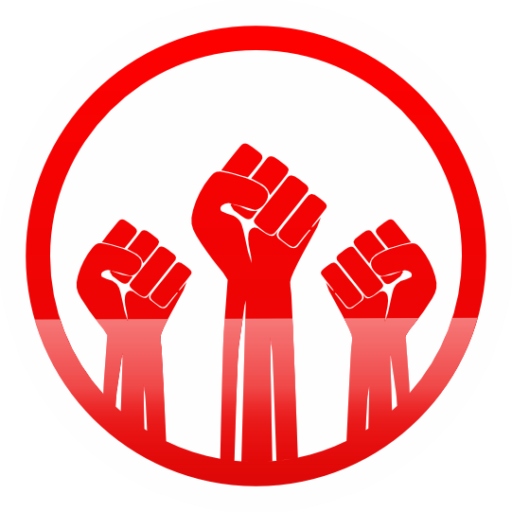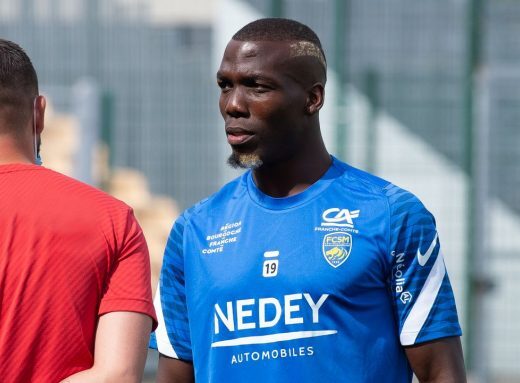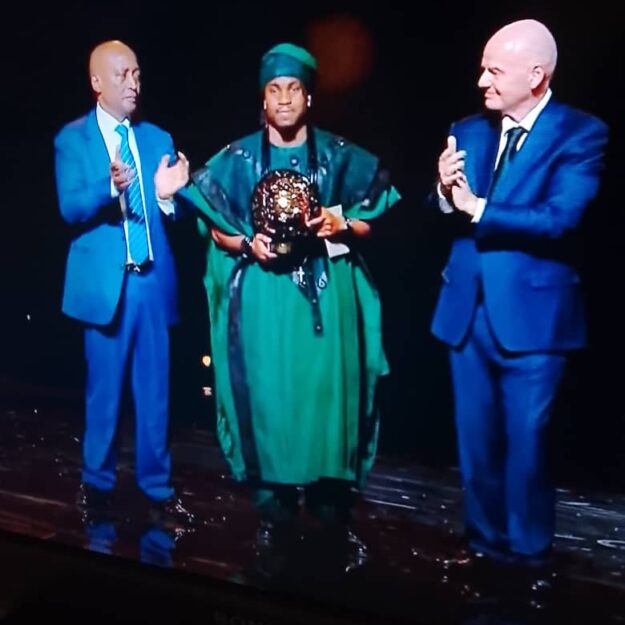
To those adherents of different faiths including proprietors of places of worship masquerading as prophets with super natural powers of healing etc, messiahs and all sorts of fraudulent claims, shamelessly rate adherents of traditional religion otherwise referred to as pagans, being sinners created for hell fire consumption in the world hereafter. That’s the erroneously believe on the surface because most of the problems associated with insecurity, corruption and other crimes, are committed against humanity by those that pride themselves as believers of Christianity or Islam.
Believers in the two most powerful religions are the problems of Nigeria and why? Yes, because they are the ones in leadership positions leading with pretence, hypocrisy and greed against their respective oaths of office while mischievously believe the God they claim to worship is a forgiving God.
The God we worship is truly the forgiving God. He forgives offences committed against His Decrees but not those against humanity. You cannot siphon public funds meant for health services and expect the forgiving God to forgive you for stealing what belongs to the good of all.
You cannot consciously commit murder and expect forgiveness from the forgiving God. You cannot deprive others from benefitting from the commonwealth of their country or community and expect forgiveness from the same God that forbids bribery, cheating and corruption.
You cannot steal what belongs to others and commit same to building or supporting a place of worship or religion and foolishly expect any heavenly reward from the God we worship. That should be clear to those thieving religious claimants.
Religion often heralded as a beacon of hope and solace to those in believe, has also been entangled in the complex web of socio-economic disparities by same adherents, contributing significantly to the perpetuation of insecurity and poverty in societies. Whole faith can undoubtedly inspire altruism and compassion. It has regrettably, been exploited overtime by majority of adherents to access and maintain power structures, enrich themselves, and perpetuate cycles of deprivation among the teeming have-nots and the ignorant followers.
Across history and continents, the paradoxical relationship between religion, corruption and poverty is glaringly evident. Many religiously inclined nations find themselves ensnared in the throes of economic destitution despite their fervent faith with Nigeria as a typical example.
This conundrum prompts a critical examination of the mechanisms through which religion intersects with poverty.
At the heart of this issue lies exploitative leadership, where religious figures or institutions misuse their self-imposed authority to subjugate congregations for personal gain. Leaders, wielding religious doctrines as tools of control, exploit the faith of their ignorant and greedy followers for economic exploitation. Their exploitation manifests in various forms, including siphoning of donations for personal enrichment, leveraging congregational resources for private enterprises, and endorsing policies that favor the thieving class while neglecting the impoverished suffering masses that are exploited under different guises.
Religious institutions, often revered for their claimed contributions to education and health paradoxically exacerbate poverty by erecting barriers to knowledge and good health accessibility. While some religious organizations struggle to establish schools and health facilities, these institutions frequently prioritize profit over social service, rendering education and healthcare unattainable for the very communities they purportedly target to serve. The exorbitant fees charged by schools and health facilities managed by religious organizations, coupled with other discriminatory practices, perpetuate socio-economic disparities, hindering upward mobility and entrenching poverty across generations.
Religion, wielded as a potent tool of manipulation, can foster complacency and resignation among the disadvantaged. The promise of divine favor or redemption in the afterlife may serve as a deterrent to societal upheaval or resistance against oppressive systems. This manipulation of faith, coupled with the propagation or fatalistic ideologies, stifles aspirations for socio-economic advancement, perpetuating a vicious cycle of poverty, sycophancy and dependency.
In some instances, religious favor fosters the illusion prosperity, masking underlying socioeconomic inequities. Leaders, adept at leveraging symbols of opulence and divine favor, cultivate an aura of affluence within religious circles, luring ignorant adherents into a false sense of security and comfort. Meanwhile, the stark realities of poverty persist unabated, obscured by the façade of religious opulence and ostentation.
Religion, as Karl Marx famously asserted, can indeed serve as the “opium of the people”, offering solace and transcendence amidst the harsh realities of existence. However, when wielded as a tool of exploitation and manipulation as the Nigerian case, it becomes a catalyst for perpetuating poverty and socioeconomic disparity that eventually leads to security challenges.
Challenging the status quo necessitates a concerted effort to dismantle systems of exploitation and empower marginalized communities. It requires holding religious leaders and institutions accountable for their actions, fostering critical dialogue within religious communities and advocating for inclusive policies that prioritize social service over personal enrichment and hate preaching.
Ultimately, addressing the root causes of insecurity, poverty intertwined with religion, demands a multifaceted approach that acknowledges the complexities of faith, power, and socioeconomic dynamics. Only through collective action and unwavering commitment to social justice can we untangle the intricate nexus between religion and poverty, paving the way for a more equitable and compassionate society of our desire.
Muhammad is a commentator on national issues
Related
You may be interested

Arteta Provides Injury Updates On Five Arsenal Players Ahead Palace Clash
Webby - December 20, 2024Arsenal manager Mikel Arteta has revealed that Declan Rice and Riccardo Calafiori are both available to be in the Gunners…

Carabao Cup: Spurs Edge Man United In Seven-Goal Thriller To Reach Semi-finals
Webby - December 19, 2024Tottenham Hotspur edged Manchester United 4-3 in the quarter-finals of the Carabao Cup on Thursday.Spurs raced to a 3-0 lead…

Pogba’s Brother Sentenced To Three Years In Prison
Webby - December 19, 2024Mathias Pogba, brother of former Manchester United star Paul Pogba, was sentenced Thursday by a Paris criminal court to three…
















![American Pastor, David Wilson Seen Eating The Box Of Woman Who Isn’t His Wife [Video]](https://onlinenigeria.com/wp-content/uploads/2019/10/american-pastor-david-wilson-seen-eating-the-box-of-woman-who-isnt-his-wife-video-150x150.jpg)








